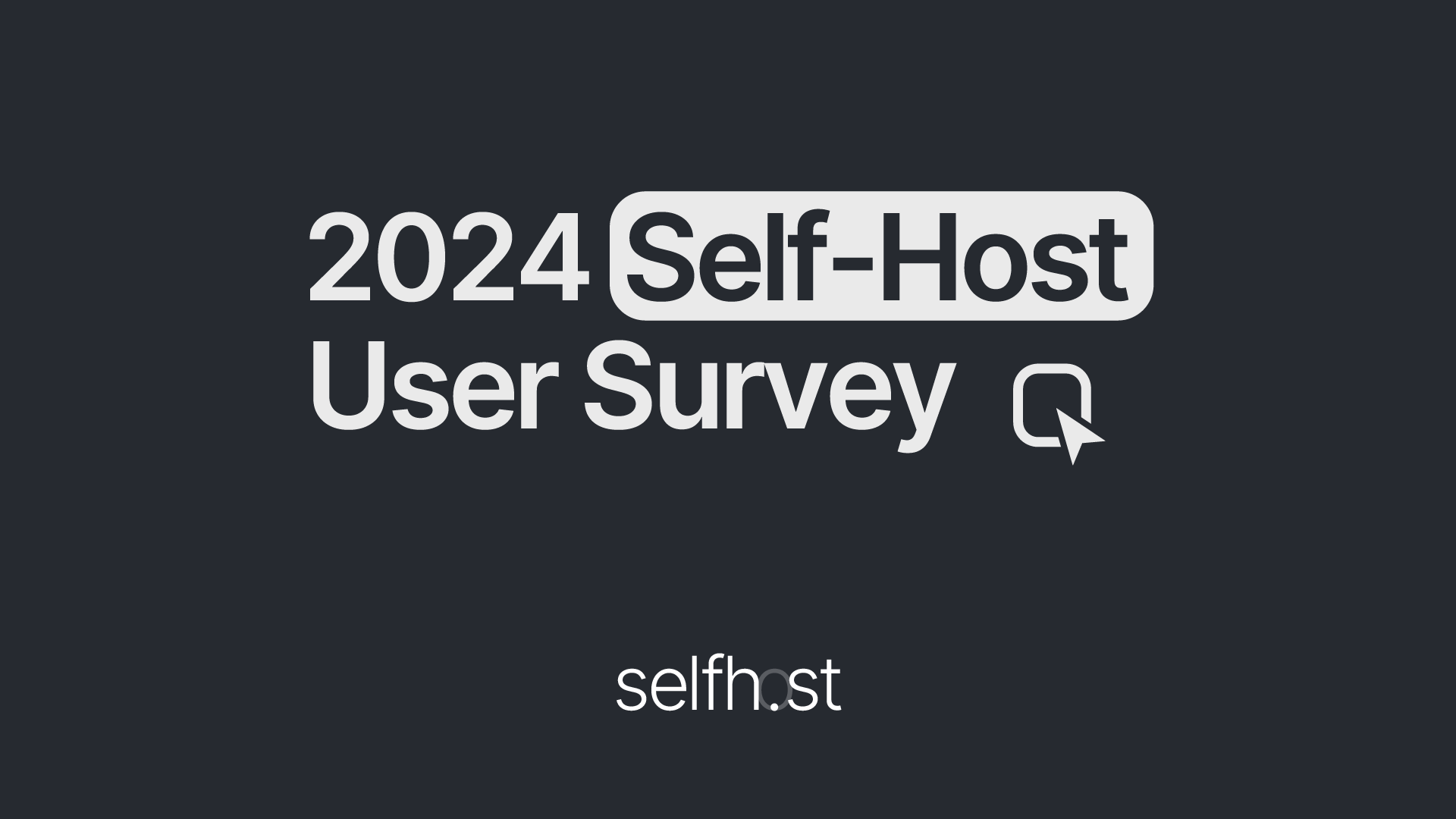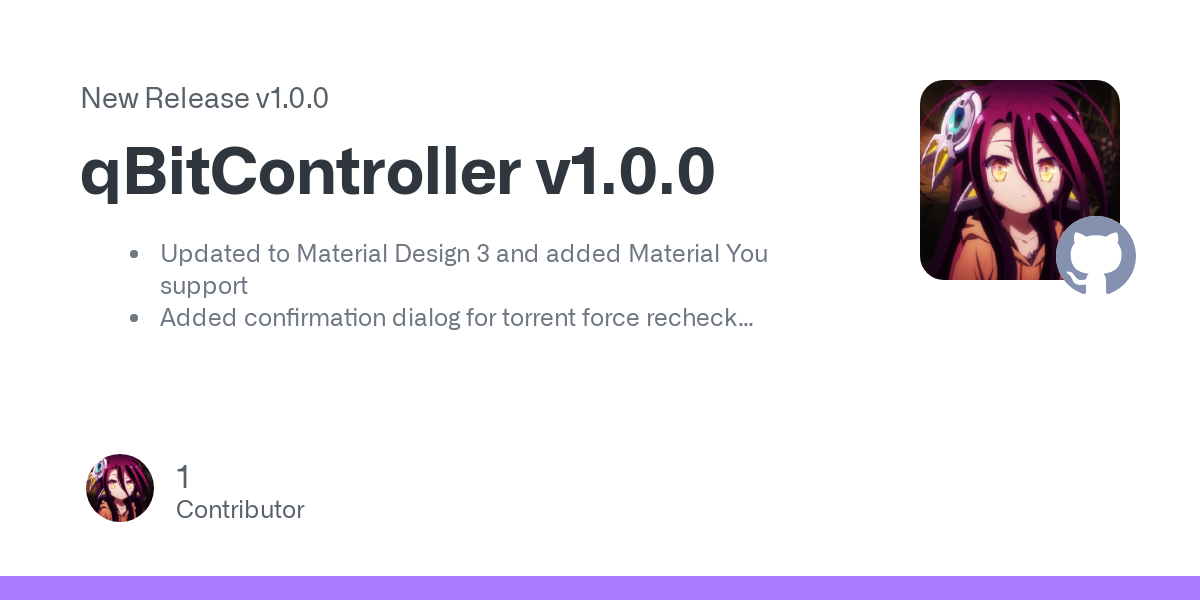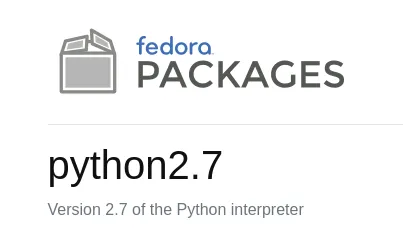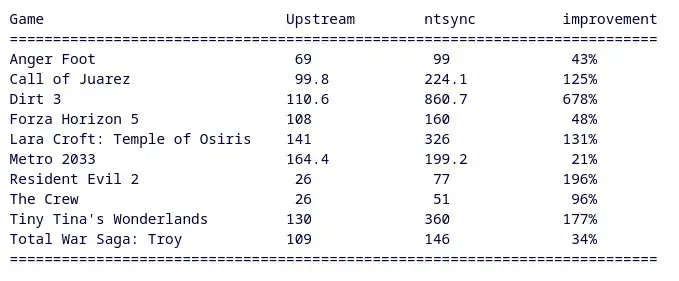- 73 Posts
- 121 Comments
- Chewy@discuss.tchncs.deto
 ·30 days ago
·30 days agoIf you want better speeds and quality I recommend looking into TorrentLeech, FearNoPeer and similar private trackers.
Sometimes BluRay remuxes aren't available or well seeded on public trackers, while they aren't even counting against your upload/download ratio on the above trackers (On TL, FNP big torrents are freeleech).
Google could add a feature to their OS to upload all pictures to their servers, but that'd likely violate laws and is easy to detect (unusual network traffic).
Thus it is extremely unlikely they upload your pictures to their servers if you disabled their cloud backup feature.
What's more likely is that they hash your pictures locally, and upload the hash to their servers, like some government proposals want to make them do (to find known CSAM, they say). Or they could track metadata of the pictures (location, date/time). This would be hard to detect and some of the info they likely already have through other features in the OS. Whether they do those things or not I don't know.
This data wouldn't reveal the content of the pictures, so nobody can see your images.
- Chewy@discuss.tchncs.deto
 ·1 month ago
·1 month agoIt's reasonably easy to replace the internal battery of many mice, which might be worth a try if your mouse is fine otherwise.
E.g. below is an example of a Logitech G Pro Wireless battery replacement. These exact tools aren't necessary, and a replacement battery can be found for 10-20€.
https://www.ifixit.com/Guide/Logitech+G+PRO+Wireless+Battery+Replacement/145490
- Chewy@discuss.tchncs.deto
 ·1 month ago
·1 month agofclones is fast and supports hardlinking/softlinking of duplicates instead of removing them.
I've used it successfully to deduplicate my documents folder (and "archive").
As its quite the amount of data, I recommend using the
--cacheoption to make subsequent runs way faster, if you want to dial in the options. This directory can be deleted at any point and isn't necessary.https://github.com/pkolaczk/fclones
- Chewy@discuss.tchncs.deto
 ·1 month ago
·1 month agoIt's more so that you are allowed to try to block ads. If YouTube adds DRM or otherwise manages to stop usage of ad blocking, they are completely in their right to do so.
IIRC if something runs on your system, you have the right to mess with it, however you want — e.g. block specific parts of the site, or use reader mode etc.
- Chewy@discuss.tchncs.deto
 ·2 months ago
·2 months agoThey do basic checking for known malware.
Creating a wayland compositor based in wlroots is much more work than an X11 window manager. And then there's quite a bit of work to keep up with new Wayland protocols.
But I personally don't think there's a need for more compositors, since the existing compositors do support all kinds of tiling.
E.g. river has custom layout providers, which allows for creating completely custom tiling behaviour. There's even a hyprland plugin which implements river-layout-v3.
- Chewy@discuss.tchncs.deto
 ·3 months ago
·3 months agoGreat to see another map with satellite images, besides Google Maps and Microsofts Bing Maps.
Now they just have to stop blocking Linux based on the user agent. If I set it to Firefox on Windows, it works, but not if set UA to Linux. A major feature of browsers is that web devs don't have to care about the underlying OS...
- Chewy@discuss.tchncs.deto
 ·3 months ago
·3 months agoI've been using COSMIC Epoch pre-alpha for the past two months, and it definitly is on a good path. There's still many bugs, but COSMIC has gotten much better, and more featureful (e.g. I'm finally able to use my keyboard layout of choice and rebind all keys accordingly). The only major missing feature is VRR/adaptive sync, because I really don't like playing CS2 with vsync.
Sadly they switched from dynamic tiling (river, awesome) to manual tiling (sway/i3-style), but together with the window-movement-animations it's awesome. Finally there's a desktop with a compositor made with tiling in mind, and not as an afterthought.
Also I find it great how many distros already have COSMIC packages in their community repos.
- Chewy@discuss.tchncs.deto
 ·3 months ago
·3 months agoWell, it seems my reading skill deteriorated to a surprising extent. You've even mentioned handbrake in your post...
- Chewy@discuss.tchncs.deto
 ·3 months ago
·3 months agoBuilding MakeMKV seems to require a binary, which is unfree. I assume this is the reason it's not in official distribution repos (except Nix and FreeBSD).
It's in the AUR and Nixpkgs, both automate building it from "source" (+binary). MakeMKV is in FreeBSDs official repos, according to pkgs.org.
- Chewy@discuss.tchncs.deto
 ·4 months ago
·4 months agoYouTube changed something about their API to break 3rd party apps again. youtube-dl is also broken, but they've found the issue already, so it'll likely be fixed after a while.
GrayJay and YouTube ReVanced still work in meantime.
[1] https://github.com/TeamNewPipe/NewPipe/issues/11255
- Chewy@discuss.tchncs.deto
 ·4 months ago
·4 months agoI'd never expected to see HDR support on Linux so soon. At the time I bought my current monitor I specifically didn't care for HDR support since it was unlikely to work on Linux for the foreseeable future. This was before the Steam Deck was announced.
I personally would make sure to choose a mouse with on-board storage. E.g. most (all?) Logitech mice store DPI and RGB on the mouse, which means it works independent of the OS. At least some other manufacturers require a Windows "driver" to disable RGB and configure DPI, which is annoying as those aren't available on Linux, and have to be constantly run in the background.
Basic configuration of Logitech mice can be done through Piper on Linux.
Edit: Precision shouldn't be an issue with any decent mouse sensor. The PixArt PMW 3310 or later is good enough for even gaming and can be found in 20$ mice. Comfort is subjective, but I prefer larger mice where I can put most of my hand on top.
Edit 2: I've now read you're already using a Logitech mouse and are having issue with the the side buttons. What issues do you have with them? My G Pro Wireless side buttons work for going a website back/forward in the web browser, but I don't use them much.
Fedora Atomic is greag. uBlue is better ootb, but most of it can be simply achieved by layering some packages (rpm-fusion, enable auto updates through
/etc/rpm-ostreed.conf).NixOS is a whole nother beast and I'd only recommend it if you use standalone compositors (labwc, hyprland, sway, wayfire, river, ...), or want a declarative system.
Edit: Just read your comment about not liking Fedora. In that case I'd recommend OpenSUSE Tumbleweed. Other immutable distros are smaller and I don't have any experience with them. (IMO with atomic distros the distro doesn't matter much because apps are installed through flatpak or distrobox anyway.(
- Chewy@discuss.tchncs.deto
 ·4 months ago
·4 months agoThose are all good reasons. XFCE aims to support Wayland with the next release, so if they choose to use an established compositor it shouldn't be too buggy.
With XFCE porting their apps over the setup shouldn't change much, unless you're using Xorg specific tools.
Over the last few years most features I'd expect from a windowing system were added to Wayland, so I expect the drama to cool down. (I don't even know what's still missing (except accessibility), with VRR, tearing, DRM leasing (VR), and global hotkeys being done. It's just apps like Discord that have to cave in under the pressure to fix their apps.)
Once everything works, there's no point talking about it.
@Furycd001@fosstodon.org
- Chewy@discuss.tchncs.deto
 ·4 months ago
·4 months agoI wonder how long it'll be possible to build Gnome with Xorg support. If I had to guess I'd say there won't be any support within the next 3 years, because keeping future Gnome working with Xorg is work nobody wants to put in.
That said, Xwayland will likely keep being around for the foreseeable future.
Out of curiosity, do you use Xorg and if yes, what's keeping you from using Wayland?
- Chewy@discuss.tchncs.deto
 ·4 months ago
·4 months agoI've now added the date to the title to make it more clear the article is from two months ago. The article is a good read and wasn't posted on here, so I thought it's still worth sharing.
- Chewy@discuss.tchncs.deto
 ·5 months ago
·5 months agoUngarn hat in seinem Arbeitsprogramm angekündigt, die Verhandlungen zur Chatkontrolle voranzutreiben.
Leider werden wir noch mehr von der Chatkontrolle hören.
















Als ich den Koalitionsvertrag gesehen habe, war ich erfreut, dass anlasslose Vorratsdatenspeicherung konsequent abgelehnt wird.
Da habe ich scheinbar meine Rechnung ohne das Innenministerium gemacht. Scheinbar sind InnenministerInnen grundsätzlich nicht in der Lage, die möglichen Konsequenzen ihrer Überwachungsforderungen nachzuvollziehen.
Die einzige Erklärung, die mir einfällt, ist, dass im Innenministerium ein Haufen Überwachungsfans sitzen, die es sich zur Aufgabe gemacht haben, jede neue MinisterIn von der Ausweitung von Überwachungsgesetzen zu überzeugen.